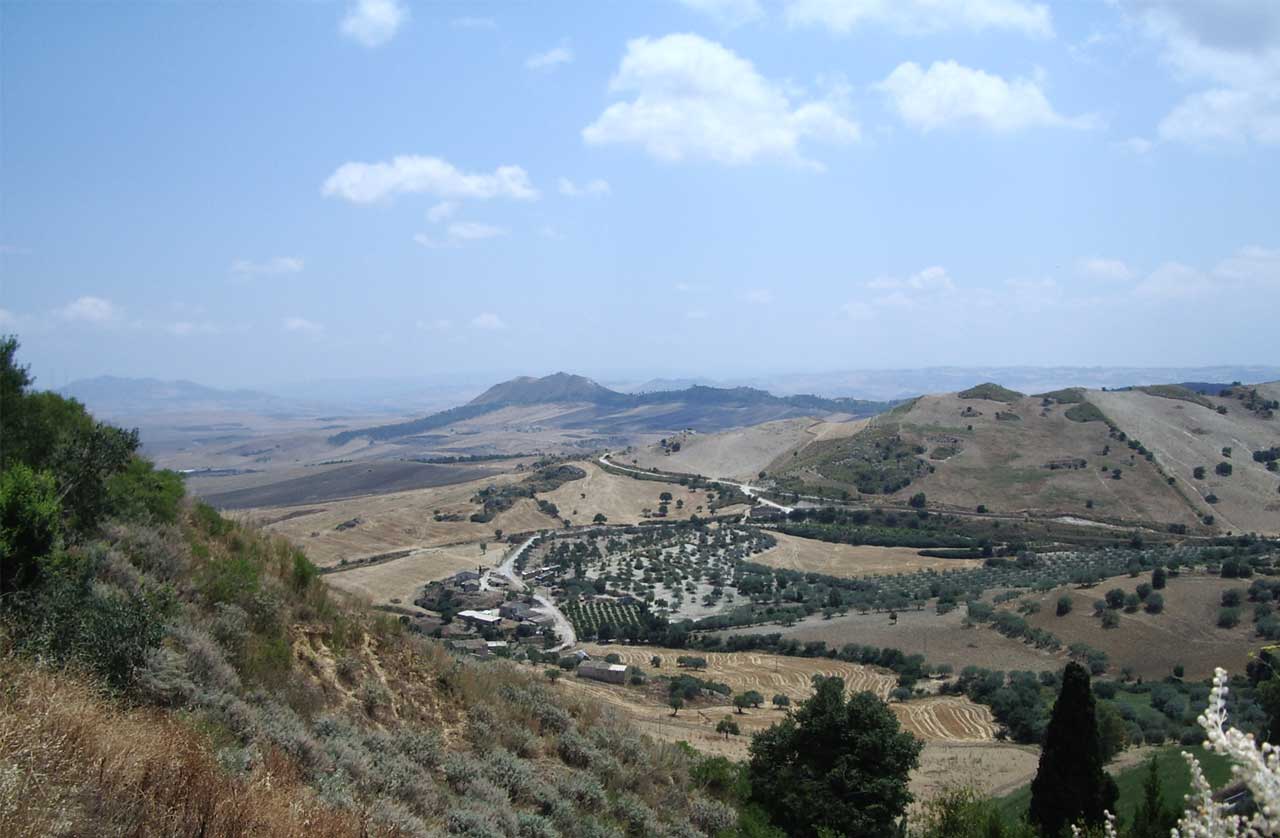As we are mostly beyond the pandemic, some people have settled into a new normal of being less active, more sedentary and isolated. In my coaching and counselling practice, I’ve also observed increasing rates of depression and while this may decreases motivation towards self-care, it’s clear that we all need self-care to thrive.
Among the best self-care practices, one that is becoming better known is called forest bathing or forest therapy. In a recent article in the UBC Magazine on this topic, professor Guangyu Wang states that research shows considerable physical and psychological benefits from forest therapy. Among specifics, Wang named lower blood pressure, reduced risk of cardiovascular disease and increased activity of the body’s natural “killer cells, which fight viruses and cancer cells.
Moreover, Wang points out that as complex ecosystems, forests emanate natural chemicals that also have benevolent effects on human health. These include phytoncides which are volatile organic compounds released by trees and other plants to protect themselves from insects and other pathogens. When inhaled, says Wang, these compounds have calming effects, improve moods, and boost the immune system. Additionally terpenes, another compound found in plants, has health benefits for being anti-inflammatory, analgesic and having anti-bacterial properties.
Whether you get in the forest through hiking, or just walking, the above should renew your enthusiasm for being there, knowing that regular time among the wonders of trees truly supports self-care which in turn helps us thrive.










